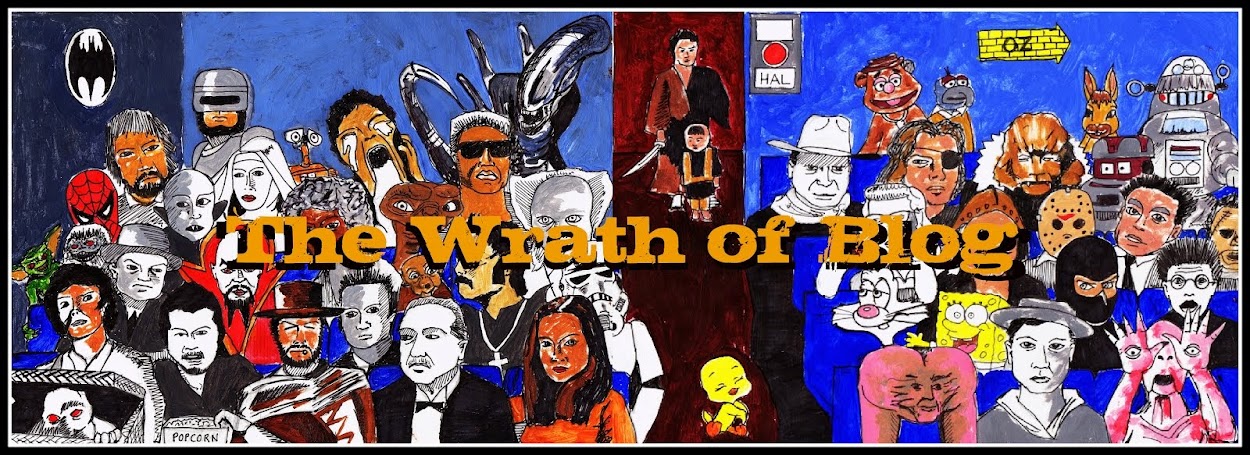 A year after A New Beginning (1985), Tommy Jarvis (Thom Mathews) and a friend drive to Jason's grave in the hope of burning the body to rid Tommy of his recurring nightmares. When Jason's rotting corpse is uncovered, Tommy loses it and repeatedly stabs and kicks the lifeless monster. Inexplicably, a lightning bolt hits Jason, reanimating him into an unstoppable killing machine. After his friend is killed, Tommy flees to Forest Green, re-named from Crystal Lake to try and rid the town of the stigma of Jason's previous killing spree's. Believing Tommy to be a psychopathic loon after he breaks into the sheriff's office making wild claims, Sheriff Garris (David Kagen) imprisons him. But his daughter Megan (Jennifer Cooke), believes him and decides to take matters into her own hands.
A year after A New Beginning (1985), Tommy Jarvis (Thom Mathews) and a friend drive to Jason's grave in the hope of burning the body to rid Tommy of his recurring nightmares. When Jason's rotting corpse is uncovered, Tommy loses it and repeatedly stabs and kicks the lifeless monster. Inexplicably, a lightning bolt hits Jason, reanimating him into an unstoppable killing machine. After his friend is killed, Tommy flees to Forest Green, re-named from Crystal Lake to try and rid the town of the stigma of Jason's previous killing spree's. Believing Tommy to be a psychopathic loon after he breaks into the sheriff's office making wild claims, Sheriff Garris (David Kagen) imprisons him. But his daughter Megan (Jennifer Cooke), believes him and decides to take matters into her own hands.Despite treading very familiar ground to the movies that came before - the film is again little more than an endless series of disposable characters being cut to bloody pieces - Jason Lives is the best in the series thanks to McLoughlin's obvious talent for comedy. Even going as far as breaking the fourth wall, the characters talk as if they're aware they're in a horror film before being massacred, the best of which is three bickering corporate types on a paintball bonding activity having their heads lopped off in one swing. For once, we have a memorable hero thanks to Mathews' performance, repeating his loveable lug-head shtick from The Return of the Living Dead (1985). It's far from perfect, but it's the first time I've truly enjoyed a Friday the 13th movie.
Directed by: Tom McLoughlin
Starring: Thom Mathews, Jennifer Cooke, David Kagen, Renée Jones
Country: USA
Rating: ***
Tom Gillespie












